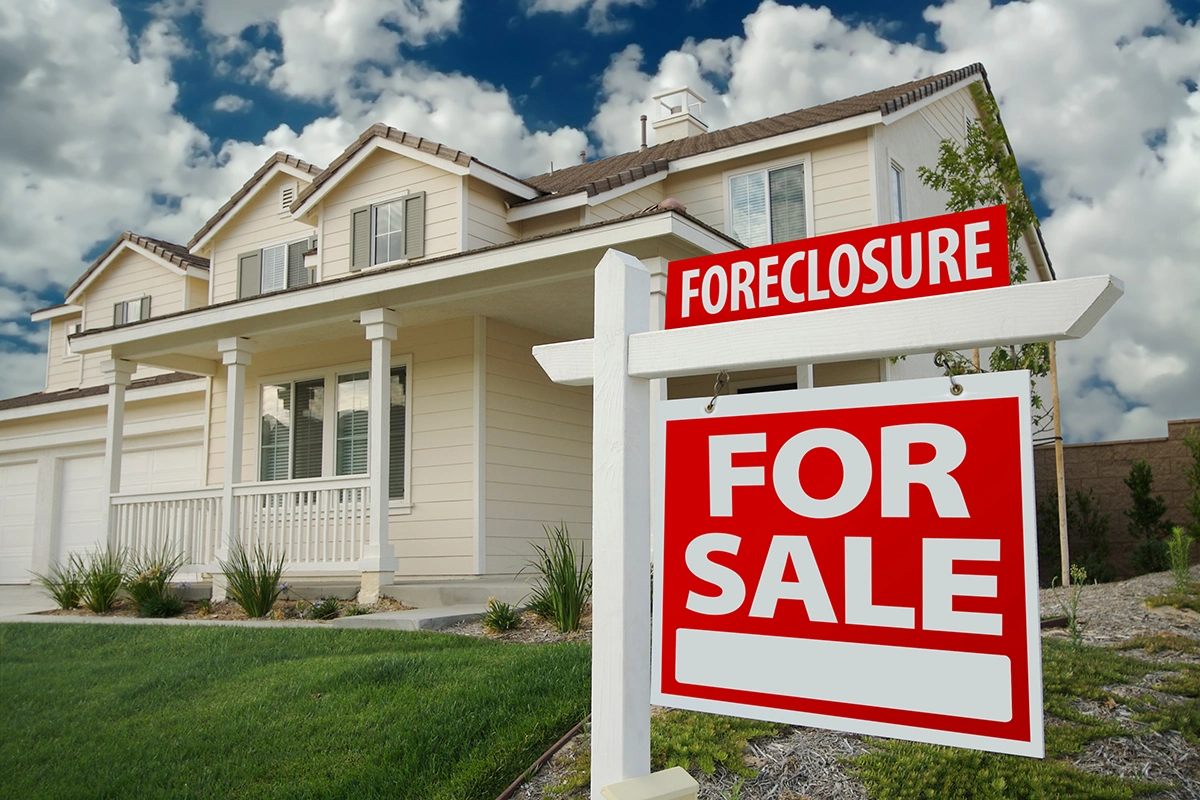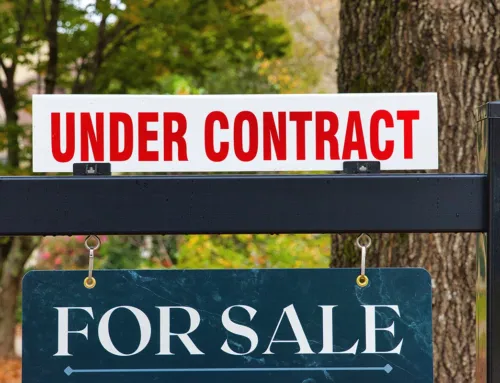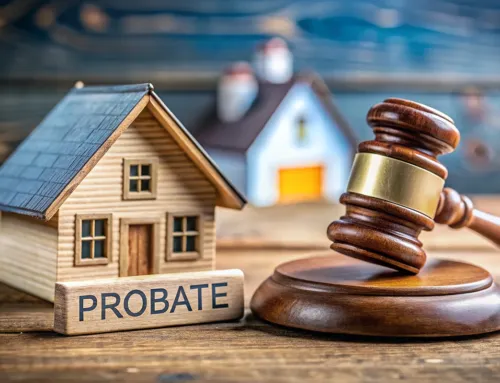You saw it coming—but maybe not this fast.
The missed payments started small. Maybe there was a job loss, a medical bill, or just too many other financial fires burning all at once. Now the letters are piling up, the lender is calling, and you're hearing words like default and foreclosure timeline… and it's all starting to feel real.
If you're in this spot, you're not alone, and you're not stuck. Whether you're already in foreclosure or just heading that way, the truth is: you can still sell your home. And depending on where you are in the process, selling might be the cleanest way to protect your equity, credit, and peace of mind.
But not all sales are the same, and how you sell depends just as much on your emotional bandwidth and timing as it does on the property itself.
Pros of Selling a Pre-Foreclosure Home on the Market
If the foreclosure process hasn't advanced too far and the home is still in decent shape, listing it the traditional way might be an option:
- More Money in Your Pocket: Selling on the open market gives you a chance to pay off the loan and walk away with remaining equity.
- Buyers Pay Full Market Price: Especially if the property is move-in ready or needs only light work.
- Protects Your Credit: A successful sale before the foreclosure hits your record can soften the financial impact.
- You're in Control: Choosing your price, your buyer, and your timeline can be empowering during a stressful time.
Cons of Selling Traditionally in Foreclosure
The traditional route isn't always feasible, especially when time is tight or the property needs repairs:
- Time Is a Factor: Listings can take weeks or months to close, and foreclosure timelines won't wait.
- Showings and Upkeep: If you're already struggling financially or emotionally, keeping the home "show ready" can be a major burden
- Repairs May Be Required: Buyers using financing often require inspection repairs or appraisals to meet loan conditions.
- Lender Deadlines Loom: If a sheriff sale or auction date is set, you may not have enough time to go the retail route.
Pros of Selling to a Cash Buyer in Foreclosure
A direct sale to a cash buyer is often the fastest and simplest way out—especially when deadlines are near:
- Fast Closing: Many investors can close in as little as 7–10 days.
- No Repairs Needed: You can sell as-is, even if the home is outdated, damaged, or partially vacant.
- Avoid Foreclosure Damage to Credit: As long as you sell before the foreclosure is finalized, your credit won't take the full hit.
- Stop the Legal Process: Selling the home can halt the foreclosure entirely, which saves you the trauma of losing it at auction.
Cons of Selling to a Cash Buyer
As with any simplified process, there are trade-offs:
- Lower Sale Price: Investors typically pay below market value to account for risk and repairs.
- Less Market Exposure: You won't get multiple offers or emotional buyers willing to overpay.
- Can Feel Rushed: When everything happens quickly, it's important to work with someone trustworthy and transparent.
So… What's the Right Move for You?
It depends on more than just the house.
- Is your auction or sale date weeks away or days?
- Do you have the time and energy to clean, stage, and negotiate?
- Is the home in livable condition or does it need work?
- Are you hoping to save your credit score, or just avoid the emotional toll of a public foreclosure?
Selling traditionally might earn you more, but it also takes more time, effort, and resources. If you're in a tight spot, a cash offer can give you speed, simplicity, and the ability to move forward without judgment or delays.
Foreclosure Sale Myths (and What the Law Actually Says)
There's a lot of confusion and fear around foreclosure, especially when it comes to selling. Here's what you should know:
Myth #1: Once You're in Foreclosure, You Can't Sell the Home
Truth: You can usually sell any time before the auction date. Even if the sheriff sale is scheduled, a sale can stop it if it closes in time.
Myth #2: You'll Owe the Bank Even After You Sell
Truth: If your home sells for enough to cover the outstanding balance (including interest, fees, and legal costs), you walk away free and clear. If it falls short, you may still owe, but some investors will negotiate with the bank on your behalf.
Myth #3: The Lender Wants to Take Your Home
Truth: Foreclosure is expensive for the bank, too. Most lenders would prefer you sell the home and pay them off than take the property back.
Myth #4: You Can't Sell a Home With a Foreclosure Notice on It
Truth: You absolutely can. As long as you have ownership, you still have the legal right to sell.
A Quick Word on Timing
If you're reading this and you're in Cleveland, OH or anywhere in Cuyahoga County, it's important to know that sheriff sales move fast once scheduled. The sooner you start exploring your options, the more leverage and time you'll have to make the best decision, not just the fastest one.
Final Thoughts – Need Help Selling a Home in Foreclosure?
We work with homeowners in all kinds of situations—from months behind on payments to days away from auction. Whether you want to try the market or you're ready for a fast, private cash offer, we can walk you through every step.
This doesn't have to end in foreclosure. Let's find the right path forward for you.





